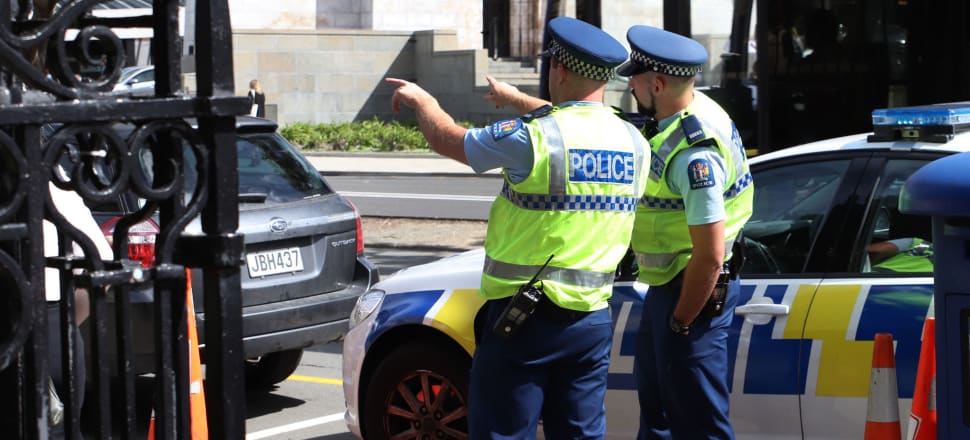
Massive change is on the way for how mentally unwell people are treated when they call 111
The Government will commit to a nationwide rollout of the successful co-response model.
The model, currently only in action across a handful of regions, sees police, ambulance staff and mental health experts all respond to an emergency call when it's coded as a person in mental distress or threatening suicide. READ MORE: * Clock ticks for mental health response decision * Calls to rein in expanding police workload
Police and Health have been asked to jointly report back to Cabinet next March with a plan of how multi-agency responses could be implemented and what resources would be required.
Health Minister Ayesha Verrall said it would be a five year transition plan.
“We want multi-agency responses in every Police district and the plan will help ensure people who present in mental distress via 111 receive the support they need, from the right people at the right time."
Piloted in Wellington in 2020 and 2021, senior sergeant Matt Morris described the response to Newsroom last year.
"They look at the information. They're looking at who's called, they discuss what they each know about that person… and they make a decision on what they're going to do now,” Morris said.
Just by sharing information many calls could be resolved without sending a police car or an ambulance to the scene.
Often the person was already known to at least one of the organisations responding.
An independent evaluation of the pilot by the University of Otago found on days when the co-response team was working a shift, fewer than a third of people in distress ended up in the emergency department compared with close to half when it wasn't.
It also found those who had been dealt with by the team reported a better experience than under the status quo.
“Co-response team users vastly preferred the co-response approach to business as usual. For some, past experiences with the business-as-usual model had led to them being frightened, detained, restrained, or ‘treated like a criminal’, whereas they perceived the CRT to be empathetic, non-judgmental, and helpful in sorting out the issues at hand,” the report said.
“We strongly recommend the co-response team service be continued and that other districts across New Zealand look at adopting similar models.”
In 2017 National allocated $8 million to police to trial co-response models in Auckland Christchuch and Palmerston North.
Labour wound the plan back when it came into government.
There will be funding required, but exactly how much, how it would be allocated and to whom, remains to be seen.
Currently, for regions that use a co-response model, staff are funded out of their employer's baseline budget, although a model operating out of Whanganui was recently awarded $3.5 millions from the Proceeds of Crime Fund to do so.
Mental Health Foundation chief executive Shaun Robinson has previously called a nationwide rollout a “no-brainer”.
“We need to be able to do things smarter and this approach has prevented people being given the wrong sort of support being essentially dumped in emergency departments within hospitals.
“What the trial of the co-response team showed was that a significant number of people got a much better level of support without having to go to hospital and without having to go into police custody. So it's a win win win.”
The Police Association has frequently raised the problem of stretched police resources, of which mental health callouts take up a lot.
President Chris Cahill previously told Newsroom police were taking on work that should be done – and could be better done – by other agencies.
“Health aren’t doing their job and police are having to do that, and Oranga Tamariki aren’t doing their job and police are having to do that.
“There needs to be a clear understanding of what police should be delivering on. Because at the moment there are fairly key areas of policing that are not being delivered on.”
The number of people presenting in mental distress via police is increasing.
In the year to June 2022, police 111 centres received 73,006 calls coded as a person in mental distress or threatening suicide, an increase of 55 percent on the past five years. Police were able to attend approximately 30 percent of mental distress calls and 70 percent of the suicide or attempted suicide calls.







